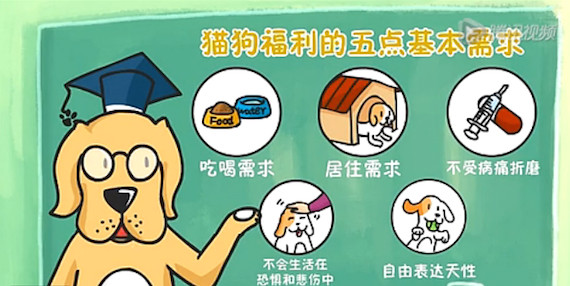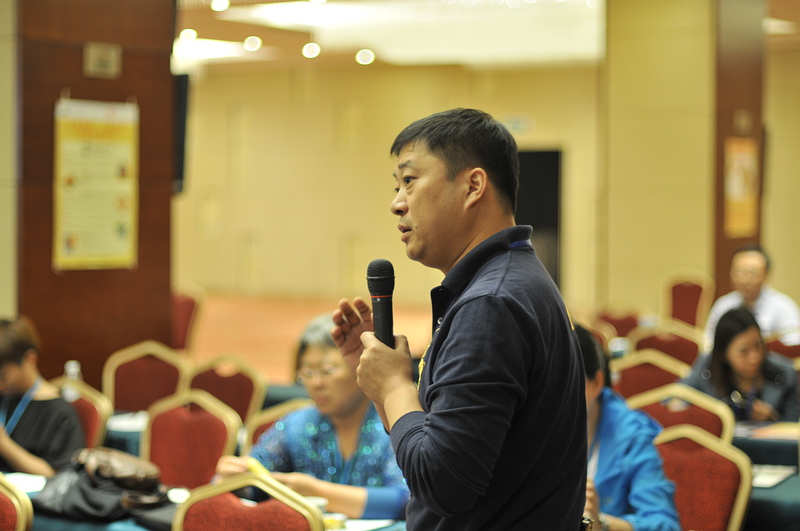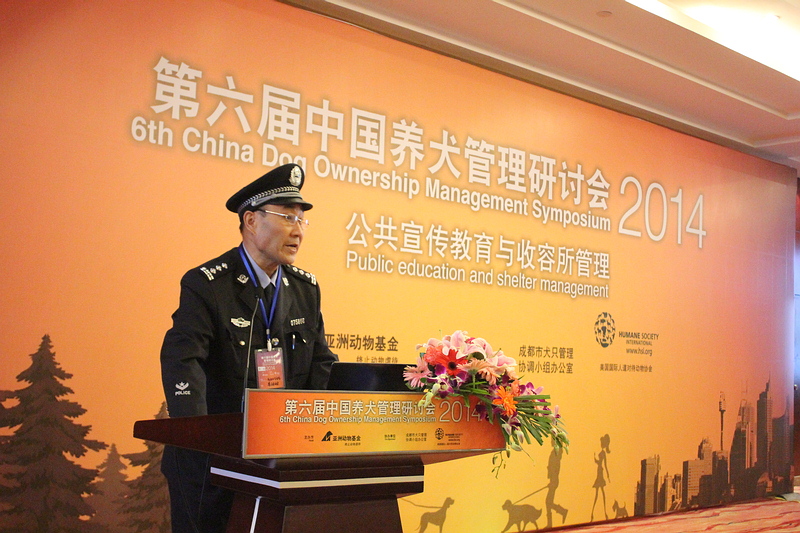How a tragic series of errors led to a policeman beating a dog to death in the street
12 January 2018

The video of a dog being beaten to death in China is deeply shocking but calls for action against the police are misguided – we must work intelligently and compassionately together.
By Animals Asia Founder and CEO, Jill Robinson MBE
When gruesome scenes of an auxiliary Chinese policeman beating a golden retriever to death in the street hit the internet recently, it started a firestorm of criticism.
Shock, revulsion, disbelief, disgust, anger...these are just some of the reactions people in China and around the world expressed.
Personally, I felt sick to my stomach. Then desperately ashamed, then furiously angry.
How could any person do this? What kind of person could be so viciously cruel?
But now understanding the context of that gruesome video, I realise this isn’t the story of a bad person gone rogue, it’s the tragic story of a bad system which let that poor dog down, time and time again.
The golden retriever was initially a family companion called Cola, who was then lost and ended up at a local animal hospital with no identification to reunite him with his original guardian.
Cola was later adopted but, on the way to his new home, for reasons which are still unknown, his new guardian tied Cola up outside some shops and left him there alone.
Soon a scared pedestrian called the police complaining of an aggressive dog in a public area, and a confused officer, apparently fearful of rabies and lacking any support or idea of what to do, beat the dog to death.
Everyone let this dog down – the original guardian, the animal hospital, the second guardian and the authorities.
Broken systems can be fixed
Prevention is better than a cure and this whole sorry story could have been avoided if the original guardian had been responsible – and been held to task for allowing the dog to run off.
Responsible companion animal management has long been a cornerstone of Animals Asia’s work in China to reduce suffering and end cruelty to dogs and cats.
Those who choose to bring a companion animal into their home need to know the responsibilities involved. To help prospective guardians, Animals Asia created Cat and Dog Welfare Around Us, a short movie widely used by our partner organisations across the country.
The film explains everything a responsible owner needs to know; from basic animal welfare and compassion, to vaccinations, to keeping dogs under responsible control, and even to threats that cats and dogs face as a result of the dog meat industry – and has already been a huge success.
In 2017, the film was played in 134 schools and organisations as well as in public areas such as malls and veterinary clinics and has taught over 103,000 people how to care for their beloved dog or cat.
If Cola had safely been leashed and under the full control of his guardian, this incident would never have occurred.
The animal hospital that took in the lost dog provides a vital service in the city, but they need more help. Those wishing to adopt must be carefully vetted to ensure they have the potential to be responsible guardians, and those adopting out must advise potential adopters of any behavioural issues before agreement to adopt is reached.

When police received the complaint of an aggressive dog on the street, that should have been the cue for them to contact their partners in the animal welfare sector. However, our enquiries reveal that new staff were not trained and had not been put in contact with local animal welfare groups or animal hospitals in Changsha who would have humanely dealt with the situation.
This tragedy shows the necessity for the authorities and local NGOs to collaborate – and the consequences when they don’t, or when cooperation breaks down.
A model for change
When I started working in China over 30 years ago, there was one animal welfare charity. Today there are more than two hundred, over 100 of which are funded and advised by Animals Asia.
Chinese society, like all societies, is full of animal lovers who simply need the expertise and the funds to build the more compassionate world they want to live in. Our funding and guidance fosters this growth.
However, their voices must also be heard, so buy in from government is also vitally important.
Since 2009, we have organised Dog Ownership Management Symposiums which bring together local NGOs and government partners to find humane solutions to issues such as strays, rabies and abandoned companion animals.
In 2016, we held our seventh annual symposium and the annual gathering is now China’s leading forum on dog management issues. To date, a total of 463 governmental officials from 46 cities around China have participated in our symposiums.
A holistic approach, including the cooperation of government, charities and the public is what can save and improve animal lives in China.
We know this, because the animal welfare movement has mushroomed from a single organisation to hundreds – and from one location in China to almost every province in the country.
Last year, a similar story to that which gorily played out in Changsha, happened in Chengdu, but the conclusion couldn’t have been more different.
Police received a call on August 13 telling them that an aggressive dog had been seen on a construction site. They immediately contacted local group the Sichuan Qiming Animal Protection Centre who accompanied the police to the scene.
Together they humanely caught and brought the dog to Qiming’s shelter where he underwent training and is currently awaiting a new responsible guardian who will care for him forever.
The Chengdu police have attended our Dog Ownership Management Symposiums since the very beginning, while Qiming have received training and advice for over five years.
This is how we work together and how animals benefit when we do.
In a country where rabies is still all too prevalent, we work consistently with the authorities and NGO’s in conference and meetings to address and reduce this terrible disease.
Where dogs are still feared or consumed, we have introduced the concept of “animal therapy”. Long-running programmes such as Dr Dog sees gentle canine ambassadors give children and patients in hospitals their unconditional love, and gives the general public more reason to understand that dogs are our friends…and not food.
At this year’s symposium in May, we’ll once again bring charities and government officials together in an effort to ensure that what we saw in Changsha will never happen again.
Cola’s horrific death will not be in vain. His tragic story will be highlighted in a case study, and what caused so much outrage and sickening anger can be turned into a lesson for all – it can become a model for change.
Animals Asia’s Cat and Dog Welfare work in China is carried out by Ya Dong, a consultancy wholly owned and advised by Animals Asia.
BACK






